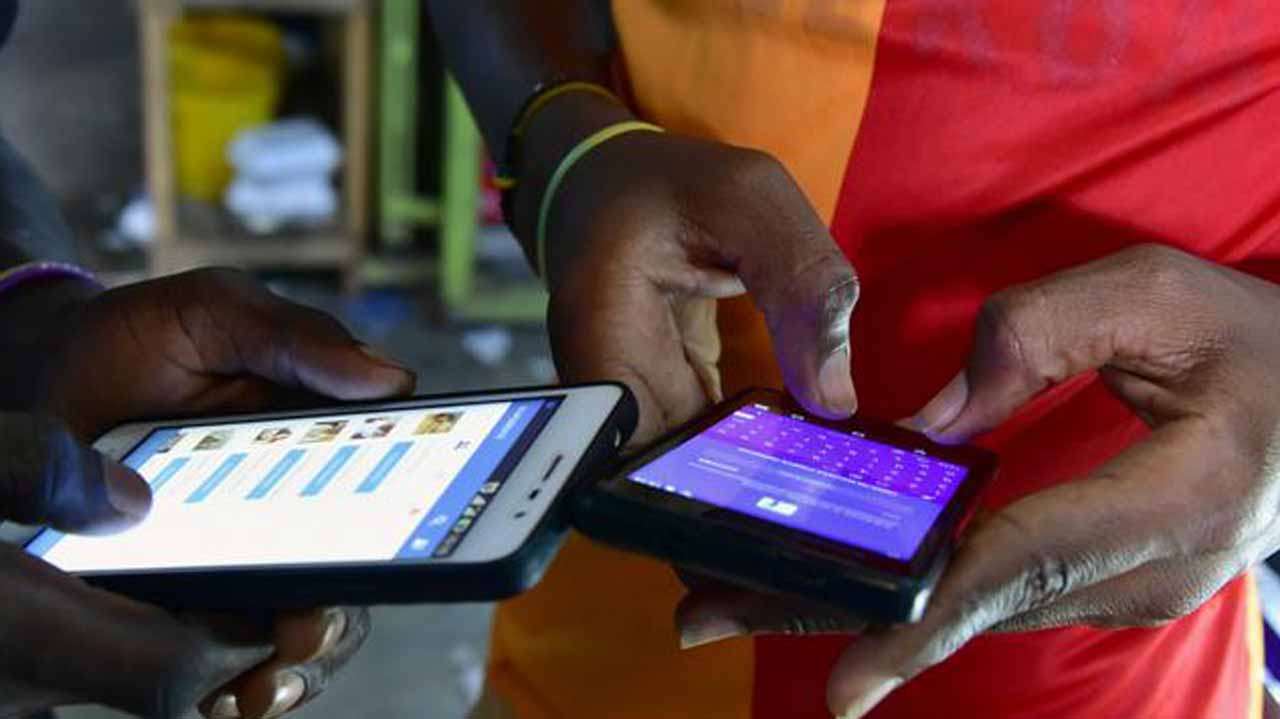How to stop unsolicited messages from MTN, GLO, others — NCC
The Nigerian Communications Commission (NCC) has urged network subscribers to leverage its short code 2442 to end unsolicited messages by the Value Added Services (VAS) providers and network providers. The Zonal Controller, NCC, Enugu, Ogbonnaya Ugama, made the call while speaking with the News Agency of Nigeria (NAN) on Monday in Enugu. Ugama noted that […]

Mobile subscribers
The Nigerian Communications Commission (NCC) has urged network subscribers to leverage its short code 2442 to end unsolicited messages by the Value Added Services (VAS) providers and network providers.
The Zonal Controller, NCC, Enugu, Ogbonnaya Ugama, made the call while speaking with the News Agency of Nigeria (NAN) on Monday in Enugu.
Ugama noted that most often, the VAS providers and network forcefully send unsolicited messages and marketing calls to its customers which they did not request.
He described the provision of the shortcode by the NCC as “protection of the right of the consumers” to choose freely, the services they desire for.
- Military not running abortion programme in N/East – FG
- You still have more to do for Nigerians, El-Rufa’i tells NASS
“To stop unsolicited messages, use our do not disturb code of 2442 by typing ‘STOP’ and sending to 2442, to stop all unsolicited messages, or send ‘HELP’ to the same code and follow the prompts to choose the options of the types of messages you want to receive.
“You can also send ‘STATUS’ to 2442 to see if your choices have been implemented”, Ugama advised.
The zonal controller also advised Nigerians to use the 112 toll-free line provided by the commission in any event of an emergency.
He said the number was easy to remember and toll-free to reach any first responders they want to call.
“You can use the number to call Police, Road Safety, Fire Service, Ambulance and Health authorities,” he said.
On SIM Card Porting, the zonal controller said with it, consumers could easily move from one network to another and still retain the phone number they were using. (NAN)
